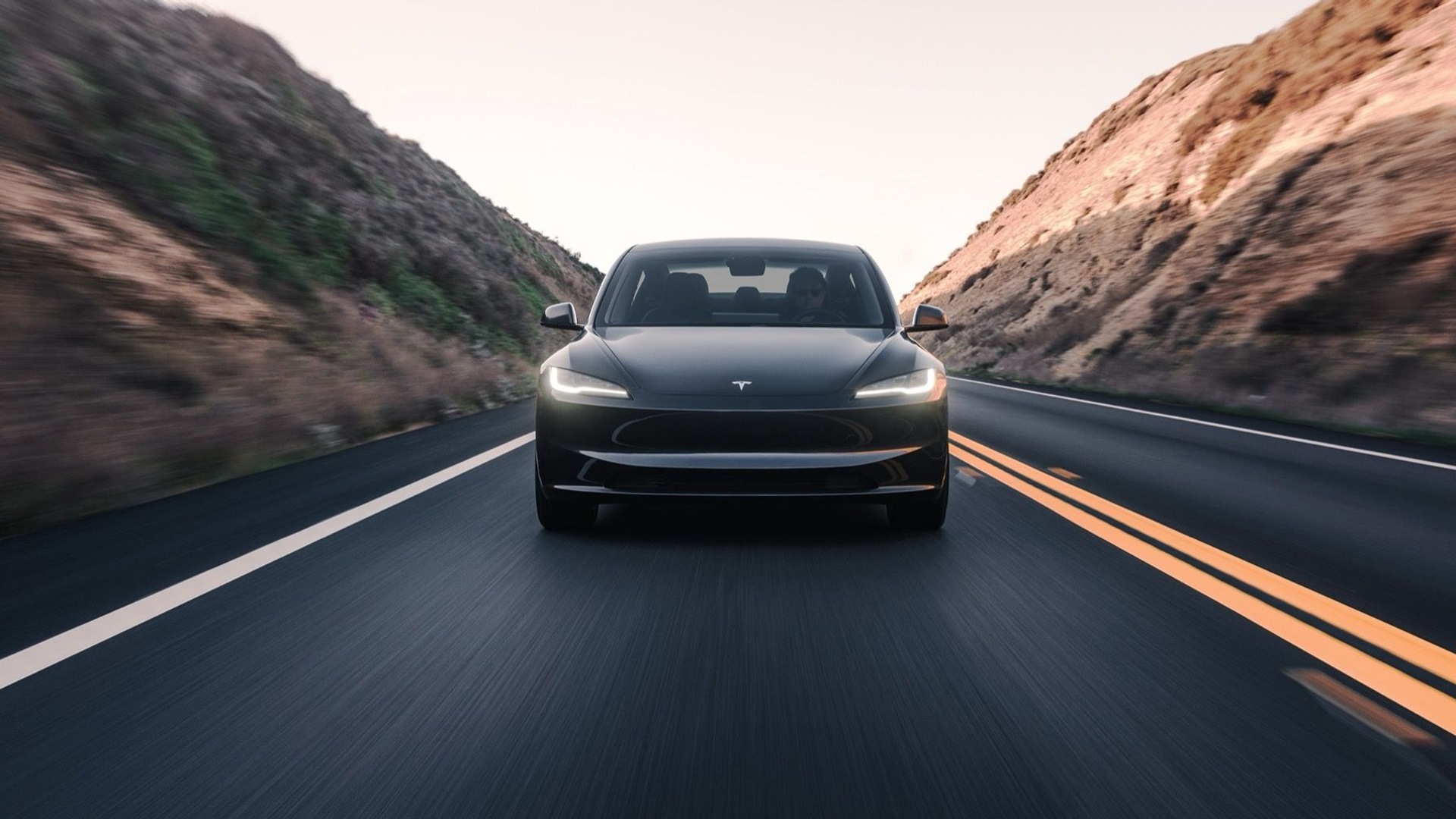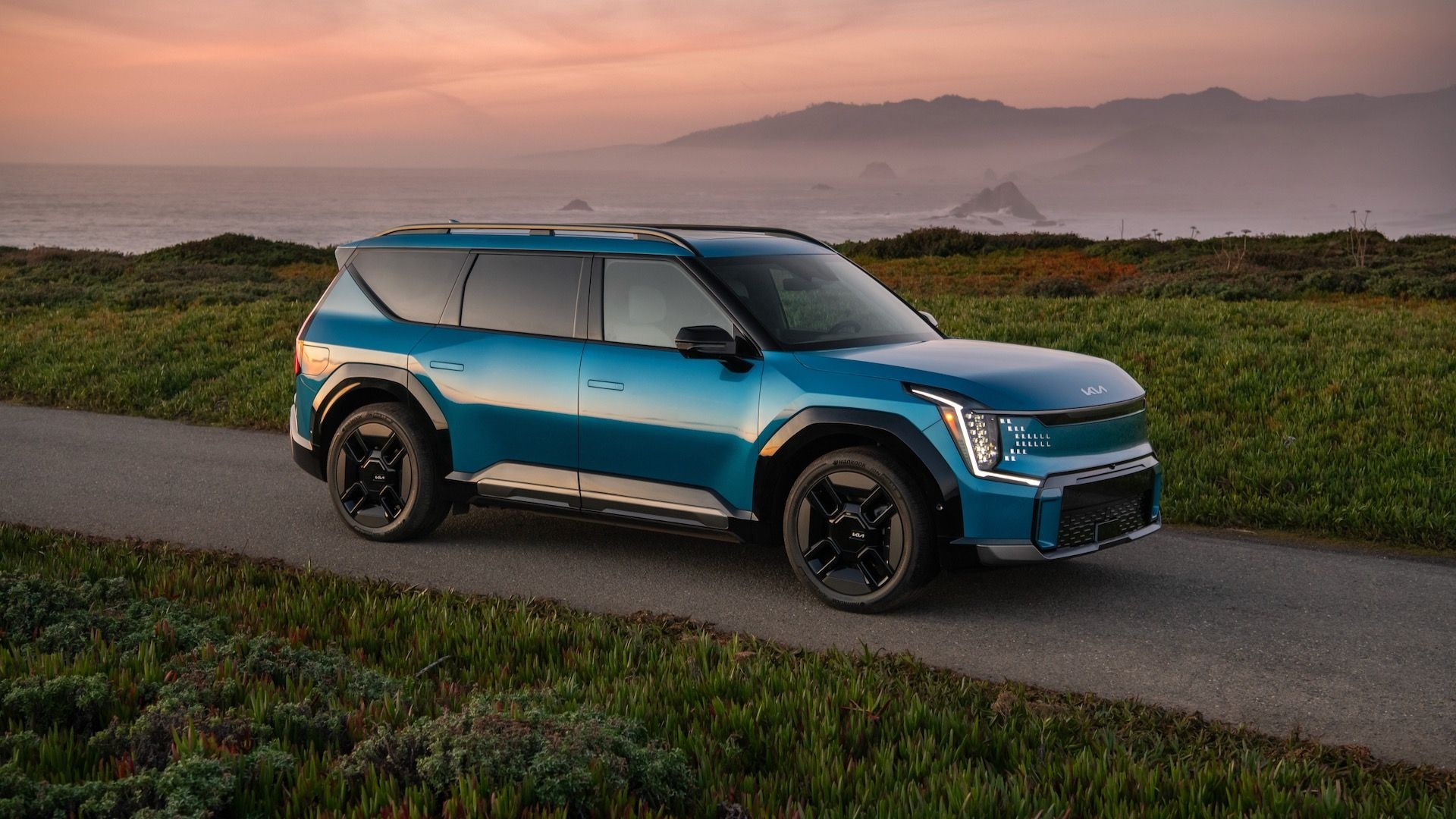The EPA on Wednesday proposed a new phase of tougher emissions standards for model years 2027 to 2032 that would trigger a massive increase in the sales of EVs—but not technically mandate them.
The proposed standards aims for fleet average emissions of 82 grams of CO2 per mile by the 2032 model year, a 56% reduction in emissions from the existing standards in effect through the 2026 model year. Meeting this target will require up to 67% EV sales by the 2032 model year, the EPA projects.
The EV sales figure is not a mandate, as California is put in place for 2035, but rather the most likely path to meeting the stricter emissions targets. Manufacturers will still be able to produce new vehicles with internal-combustion engines, and attempt to meet the tougher standards by improving their efficiency, according to the EPA. That means the scenario in which automakers are selling mostly EVs by the 2032 model year is not set in stone.
The EPA also doesn't appear ready to incentivize more efficient EVs, treating all vehicles with zero "tailpipe" emissions the same.
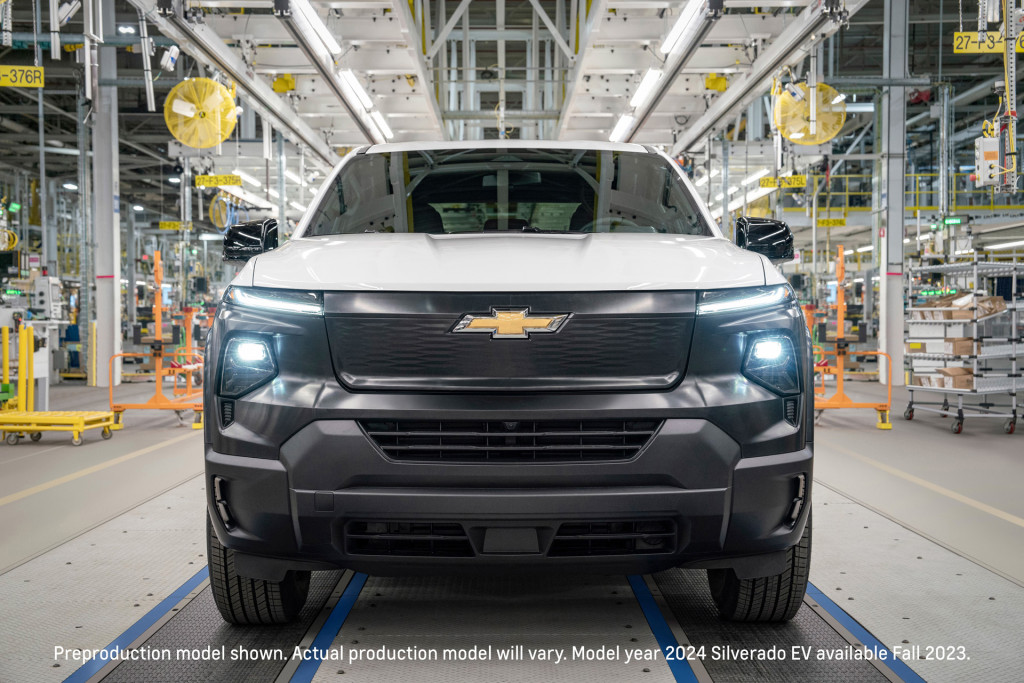
2024 Chevrolet Silverado EV Work Truck prototype
That scenario represents a very steep ramp-up from what the Biden administration has already put in place through the 2026 model year. Recently announced EPA rules aim for just 8% EV sales by then, still more than 2022, when EVs made up 5.8% of U.S. new-car sales. In terms of anticipated real-world results, the proposed 2027-2032 rules are also more ambitious than President Biden's 2021 executive order calling for 50% EV sales by 2030.
According to the EPA, the proposed standards would avoid 7.3 billion tons of CO2 by 2055 through a cleaner fleet—equivalent to eliminating four years' worth of emissions from the entire U.S. transportation sector. That would save lives through lower levels of the particulate matter that can lead to a range of health issues and premature mortality.
The targets bring federal emissions standards into closer alignment with California, however. The state is currently looking to end sales of most internal-combustion vehicles by 2035, leaving some room for plug-in hybrids that meet certain targets for emissions and electric range.
The proposal also includes new emissions standards for medium-duty commercial vehicles projected to lead to up to 46% EV sales by the 2032 model year. The EPA is targeting a fleet-wide average of 275 grams of CO2 per mile for 2032-model-year medium-duty vehicles, a 44% reduction from the 2026 model year. Proposed standards for heavy-duty trucks could also lead to 35% of new short-haul tractors and 25% of new long-haul tractors becoming electric by the 2032 model year.
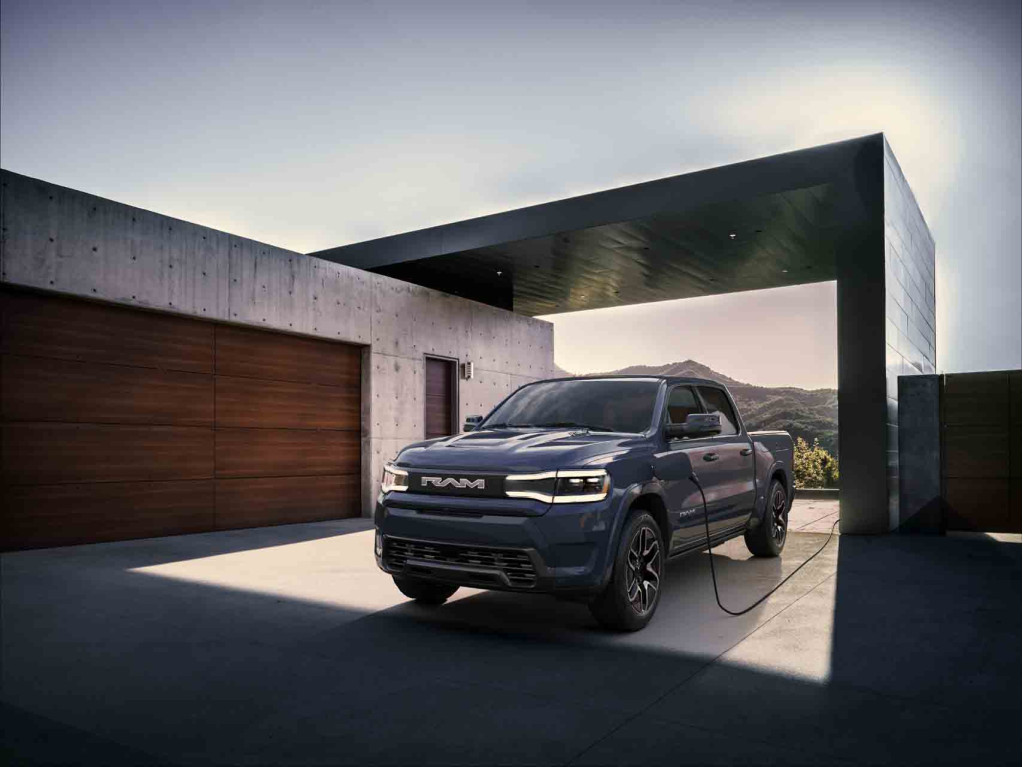
2025 Ram 1500 REV
The EPA claims these proposals would avoid nearly 10 billion tons of CO2 emissions, equivalent to more than twice the total U.S. CO2 emissions in 2022. It would also save the average consumer $12,000 in ownership costs over the lifetime of a car, the agency claims.
The cost argument may not win over consumers, however. A poll published this week by the Associated Press-NORC Center for Public Affairs Research, and the University of Chicago's Energy Policy Institute (EPIC) found that most Americans aren't ready to buy an EV, in part because consumers tend to weigh the purchase price of a new vehicle more heavily than savings on fuel and maintenance. And while most respondents supported EV incentives like tax credits, fewer supported emissions standards that force more EV sales.
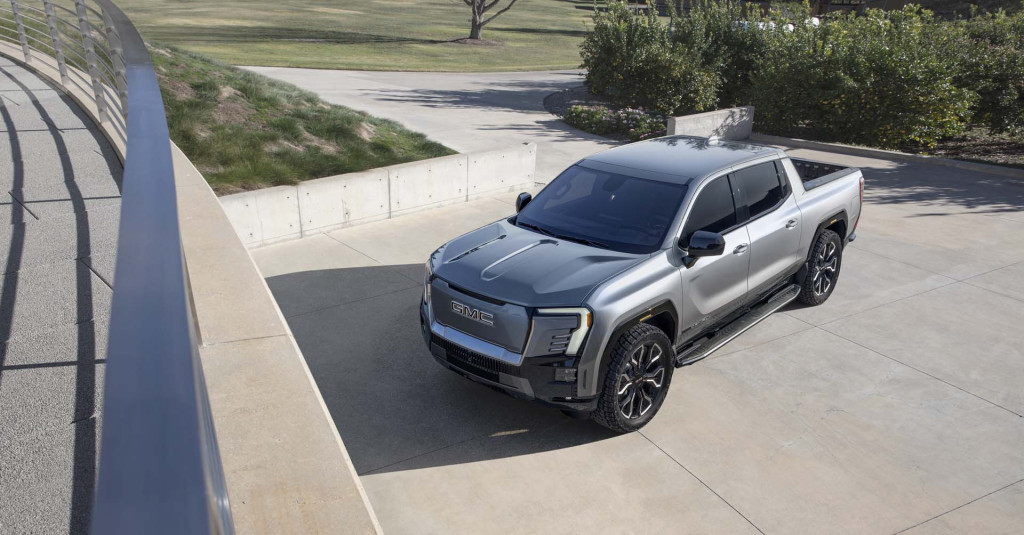
2024 GMC Sierra EV Denali Edition 1
The proposed standards could become an issue in the 2024 presidential election and beyond. Even if Biden is re-elected, this next phase of emissions rules will run past the end of his second term. A future administration could seek to undo them, as was the case during the Trump administration with rules proposed under President Obama—although it took until March 2020 to issue lower gas mileage targets that took effect in 2021.
The response of automakers over the next few years will be another thing to watch. Recently seven automakers backed California in a challenge to its emissions authority, which allowed the state to enact its 2035 gas-car sales ban. But General Motors, Toyota, and Stellantis predecessor Fiat Chrysler Automobiles (FCA) joined the Trump administration in opposing that authority.
